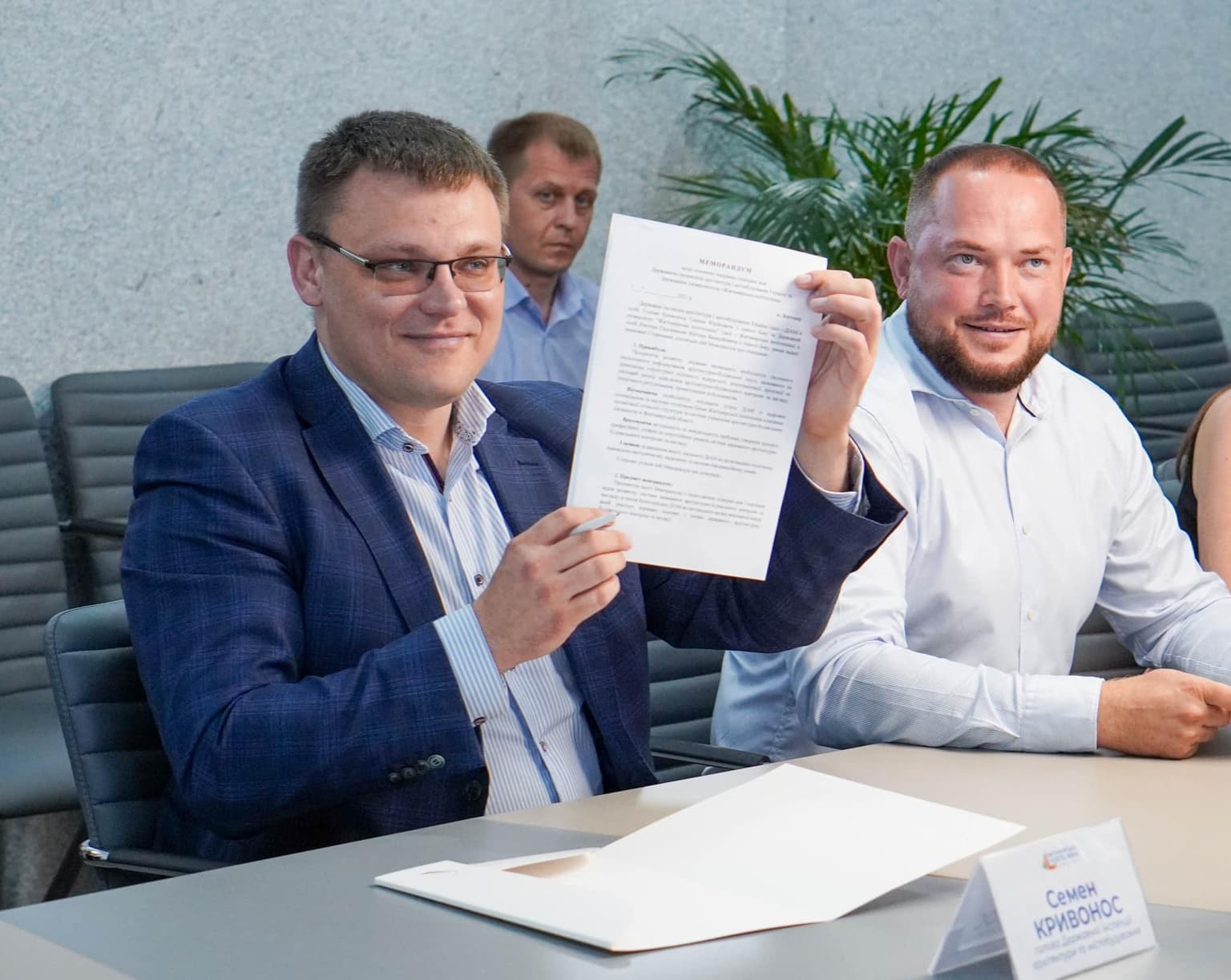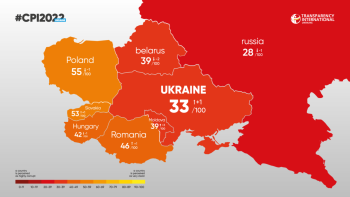Cabinet of Ministers appoints new NABU chief

Semen Kryvonos was appointed as the new head of the National Anti-Corruption Bureau by the Cabinet of Ministers on March 6.
Kryvonos, who currently serves as the head of the State Inspection of Architecture and Urban Planning, will replace NABU's previous chief, Artem Sytnyk, whose seven-year mandate expired in April 2022.
There has been speculation in the media about Kryvonos' possible links to the President's Office, since Kryvonos has admitted being acquainted with Oleksiy Kuleba, a deputy head of the office, for eight years. Kryvonos has argued that he will be independent from the President's Office.
Kryvonos also used to be a member of ex-Georgian President Mikheil Saakashvili's team when the latter was the governor of Odesa Oblast in 2015-2016. He was also a member of Saakashvili's party in 2017-2018.
Established in 2014, NABU is tasked with "preventing, detecting, terminating, investigating, and disclosing corruption and other criminal offenses within its jurisdiction."
Having a NABU chief that is impartial and not swayed by political pressure is a crucial prerequisite for Ukraine's admission to the European Union.











